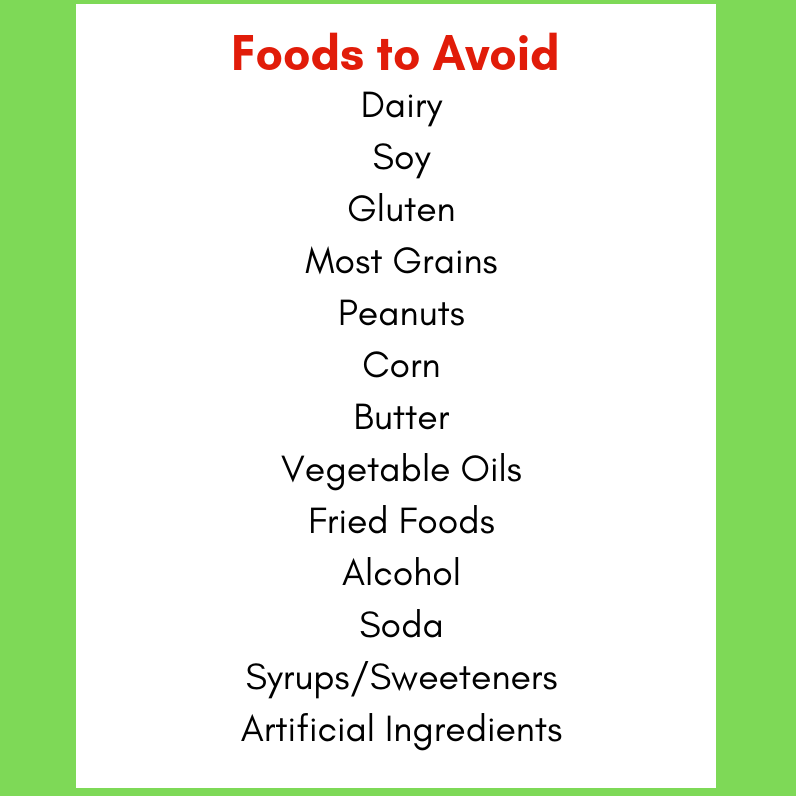The modern diet is filled with sugar and processed foods, which can cause imbalances in the body and mind over time. An Ayurvedic sugar detox provides powerful, natural detoxification practices from Ayurveda, the ancient science of life, to remove these toxins. This guide explores how an Ayurvedic sugar detox can help reset your system and balance your health, giving you the tools to reduce cravings, improve digestion, and promote lasting wellness.
1. Why Detox from Sugar and Processed Foods?
- Impact of Sugar on Health: Processed sugar can disrupt blood sugar levels, cause weight gain, and affect mental clarity.
- Ayurvedic Perspective on Processed Foods: According to Ayurveda, processed foods are tamasic, meaning they bring heaviness and dullness, which can disrupt the balance of the doshas (Vata, Pitta, and Kapha).
- Signs You May Need a Detox: Chronic fatigue, sugar cravings, mood swings, and digestive issues are signs that your body may benefit from an Ayurvedic cleanse.
2. How Ayurveda Approaches Detoxification
- Ayurveda views detox as a way to remove ama (toxins) from the body and restore balance.
- Understanding Ama: Ama is undigested food or toxins that accumulate in the body, causing imbalance and disease.
- The Role of Agni (Digestive Fire): A strong digestive fire is key to breaking down toxins. Ayurvedic detox strengthens agni to prevent ama accumulation.
3. Steps for an Ayurvedic Detox from Sugar and Processed Foods
a. Identify Your Dosha Type
- Before beginning any detox, understand your dosha type (Vata, Pitta, Kapha) to tailor the approach. Different doshas require different detox methods and foods for balance.
b. Ayurvedic Diet Tips for Detoxing Sugar and Processed Foods
- Eat Whole Foods: Focus on fresh fruits, vegetables, grains, legumes, and natural fats.
- Use Bitter and Astringent Tastes: These tastes help reduce cravings for sweets and cleanse the palate.
- Avoid Heavily Processed Foods: Foods high in sugar, preservatives, and additives should be minimized or eliminated during detox.
c. Daily Ayurvedic Detox Practices
- Tongue Scraping: Clears ama buildup in the mouth.
- Oil Pulling: Helps remove toxins and improve oral health.
- Warm Water with Lemon or Turmeric: Kick-starts digestion and promotes alkalinity.
- Dry Brushing: Stimulates circulation and helps lymphatic drainage.
d. Herbs to Support Detoxification
- Turmeric: Reduces inflammation and supports liver health.
- Triphala: A traditional Ayurvedic blend that aids in digestion and regular elimination.
- Neem: Known for its detoxifying properties, especially beneficial for the skin and liver.
- Ginger: Boosts digestion, reduces cravings, and strengthens agni.
4. Mindful Eating Practices in Ayurveda
- Eat Slowly and Mindfully: Take time to enjoy each bite, which aids in digestion and prevents overeating.
- Follow a Regular Meal Schedule: Consistency helps regulate agni and reduces sugar cravings.
- Avoid Eating When Stressed: Emotional eating can disrupt digestion and lead to cravings for sugar and processed foods.
5. Ayurvedic Lifestyle Changes for Lasting Detox Benefits
- Incorporate Yoga and Pranayama: Both help the body release toxins and improve circulation.
- Daily Meditation and Mindfulness Practices: Helps reduce stress, a common trigger for cravings.
- Follow a Consistent Sleep Schedule: Good sleep restores energy, reduces stress, and prevents cravings for sugar.
6. Sample Ayurvedic Detox Meal Plan
- Morning: Warm lemon water, followed by a breakfast of cooked oats with spices like cinnamon and cardamom.
- Lunch: A light kitchari (a mix of mung dal and rice) with steamed vegetables.
- Dinner: A nourishing soup with greens and herbs like turmeric and ginger.
- Snacks: Fresh fruit, a handful of soaked almonds, or herbal teas.
7. Conclusion

Ayurveda provides a holistic approach to detoxing from sugar and processed foods, focusing on balancing the body and mind naturally. By integrating Ayurvedic diet principles, mindful practices, and herbal support, you can eliminate toxins and embrace lasting health. Embrace this journey to cleanse your body, reduce cravings, and achieve wellness.
For further guidance, consult trusted Ayurvedic resources such as the National Ayurvedic Medical Association or your local Ayurvedic practitioner.

[…] Detoxification Practices: Panchakarma therapy helps remove toxins from the body. Learn more about panchakarma here. […]